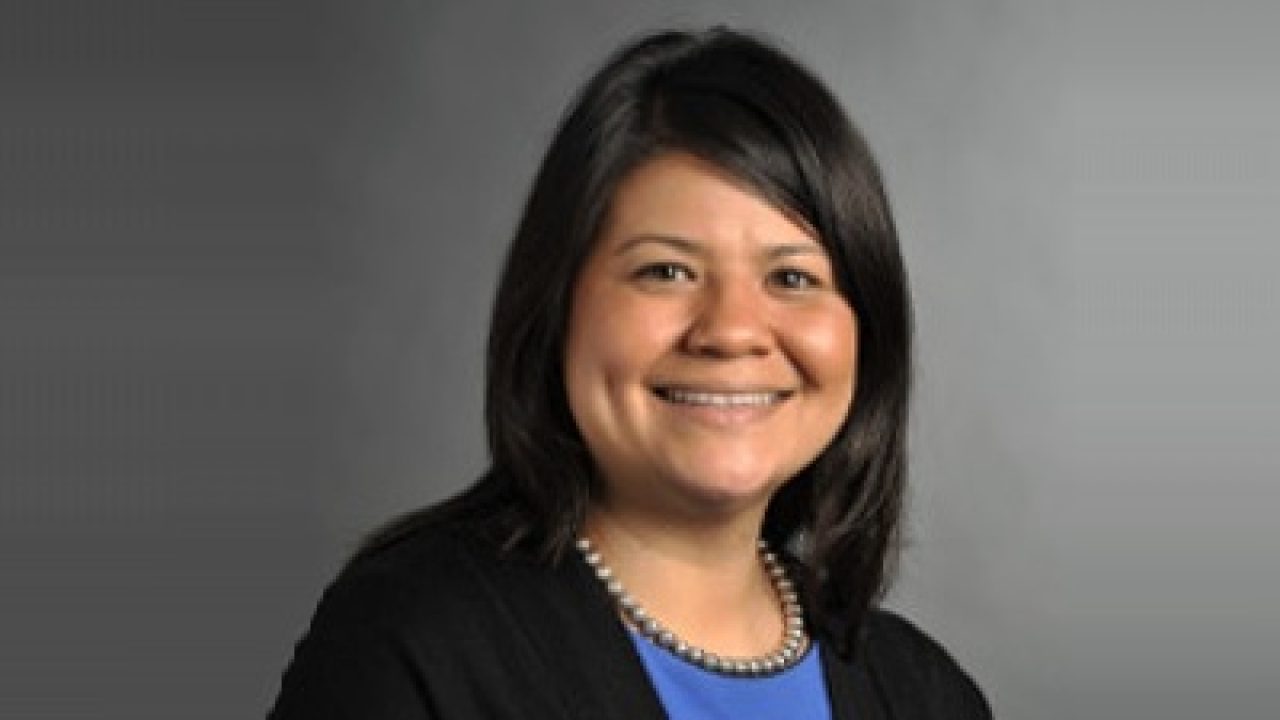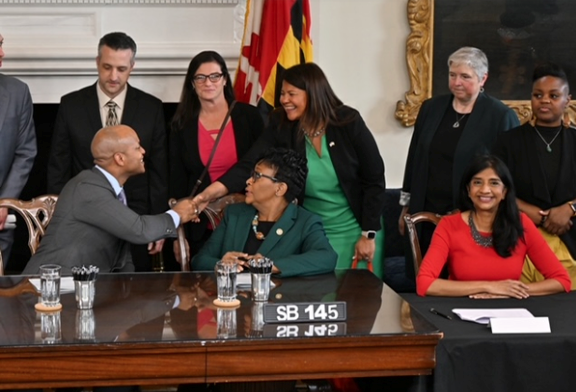
— Groundbreaking legislation will create a more equitable system for social workers in Maryland —
The Board of Child Care (BCC) today announced that its Executive Director of Maryland & DC Programs, Nicole Smith, has been recognized for her instrumental role in the creation and passage of new legislation aimed at addressing racial disparities in social work exam passing rates.
Maryland Governor Wes Moore recently signed into law a bill that will address the social worker shortage and the racial disparities in passing rates for the national exams administered by the Association of Social Work Boards. Smith and her colleagues worked closely with a group of people to challenge the inequity of the exam and advocated for the bill, HB 145, which is now law.

With the new law in place, a formal workgroup, funded by the Maryland Department of Health, will work to find an alternative to the current test due to the disparity. The results of the exam have shown that there are disparate passing rates for black and brown social workers. According to data, between 2011 and 2021 in Maryland, the first-time pass rates for white and Black test takers were 93% and 56%, respectively.
A leading voice in the call for change, Smith joined others in Annapolis who were instrumental in the bill to witness Governor Moore enact the law that will not only benefit Maryland’s social workers, but those who receive their care and services aimed at improving their improving their lives.
“This new law is a significant step towards addressing the racial disparities in social work exam passing rates, and it is a testament to the hard work and dedication of Nicole Smith and her colleagues,” said Laurie Anne Spagnola, CEO of the Board of Child Care.
“Nicole’s commitment to equity and justice is inspiring, and we are incredibly proud to have her as a member of our team.”
About the Board of Child Care
The Board of Child Care is a private, 501(c)3 not-for-profit that has been serving youth and their families for over 145 years. The organization’s history is rooted in faith, with its early beginnings being several orphanages operated by the United Methodist Church throughout the late 19th and early 20th centuries. Following several mergers, first in 1960 and another in 2019, it is known today as the Board of Child Care. With a staff of 700+, an annual budget around $50 million, and its network of partners, BCC supports communities via a national footprint of programs that extend across the Eastern half of the United States. Its broad spectrum of services to youth and their families includes residential, mental/behavioral health, trauma response, family support, and education. To learn more or see how you can get involved, visit www.boardofchildcare.org